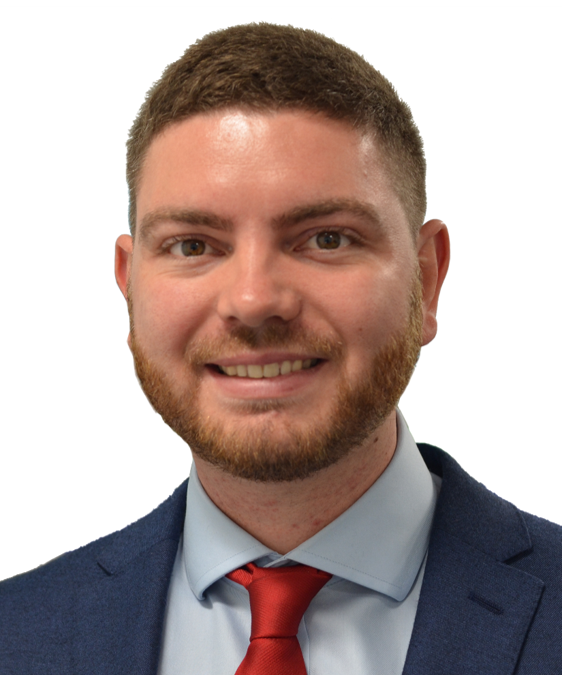
TÜV Rheinland Functional Safety Engineer Training Programme: Process Hazard & Risk Analysis
Controlling risks within high hazard industries requires a robust process safety management (PSM) system and the experienced application of process hazard and risk analysis (PH&RA) techniques. This course covers the fundamentals of Process Safety Management, demonstrating how to apply theory in practice, using simple and more complex examples to illustrate key points.
This PH&RA course is part of the TÜV Rheinland Functional Safety Training Programme. Eligible participants who successfully pass the examination will receive a FS Engineer (TÜV Rheinland) Certificate.
Certification details
FS Engineer (TÜV Rheinland) Certificate
The TÜV Rheinland Functional Safety Training Programme (include link to FS page as current website) is the only worldwide vocational training programme in the area of Functional Safety where knowledge and competencies are approved by a neutral third party and where certificates are issued. Participants who successfully pass the examination will be awarded a FS Engineer (TÜV Rheinland) Certificate.
At the end of the course you should be able to:
- Apply the most popular and internationally-adopted methods and tools for identifying and managing the risks associated with process-related hazards
- Actively participate in and give effective support during the whole process hazard and risk analysis approach
- Identify hazards and analyse risk, including applying the IEC 61882 HAZOP standard
- Relate the requirements of Functional Safety according to IEC 61508 / IEC 61511 to process hazards and risk analysis
Outline
- Process Safety Management, Risk identification
- What if?, HAZID, HAZOP, FMEA
- Risk analysis, Risk matrix, Bowtie analysis
- Fault Tree & Event Tree analysis
- Physical Effects Modelling (PEM)
- LOPA, SIL assessment
- Risk evaluation, risk criteria, ALARP assessment
- Risk treatment
- Communication, consultation, monitoring & review
- Selecting the right technique
- Planning PH&RA studies
- Facilitating workshop-based studies
- Reporting PH&RA studies
Course Details
- Start Date
- 8th July 2024
- Schedule
- Day 1-4: 9am – 5pm
Day 5: 9am – 12pm
Day 5: 1pm – 4:30pm (exam)
- Duration
- 5 days
- Location
- Online, British Summer Time
- Award
- FS Engineer (TÜV Rheinland) Certificate
- Price (excluding VAT)
- GBP 2,150
price includes training materials and certification fees
Who should attend?
- Process engineers, safety engineers and managers, instrument engineers and operations personnel, plant and operations managers
- Anyone accountable for the assessment and management of risks and hazards in the process industries
- Persons involved in management, engineering, operations and safety of process operations
- Persons with HAZOP study experience and a basic knowledge of loss prevention and safe working practice
What prior study is recommended?
The following requirements must be met for candidates to attain the FS Engineer (TÜV Rheinland) certificate:
- a minimum of 3 years’ experience in the field of functional safety
- university degree (Master’s or Bachelor’s degree in Engineering) or equivalent engineer level responsibilities status as certified by employer
- attendance on the course
- successful completion of the examination
On meeting these requirements, candidates will be issued with the FS Engineer (TÜV Rheinland) certificate in electronic form by email from TÜV Rheinland. The certificate is valid for 5 years.

Matt Baggaley
CEng, CPhys, MInstP, TÜV Rheinland Authorised Functional Safety Engineer
Matt is a Chartered Engineer, Chartered Physicist, and TÜV Rheinland Authorised Functional Safety Engineer with over 14 years’ experience providing specialised technical safety and environmental risk consultancy for high hazard industries around the world, both onshore and offshore. Matt’s principal areas of expertise include hazard workshop facilitation, quantitative risk analysis and functional safety. Matt has undertaken safety studies throughout all phases of the functional safety lifecycle in accordance with IEC 61511. Matt’s experience includes hazard identification studies such as HAZID and HAZOP, SIL determination studies using Risk Graph and LOPA, generation of Safety Requirements Specifications, SIL verification calculations, and independent Functional Safety Assessments, gap analyses and audits
How is it assessed?
The examination will be completed during the afternoon of the last day of the course. The total exam time will be 3 hours and 30 minutes.
Part 1 (25%): 50-question multiple-choice test.
Part 2 (75%): Three essay-style questions.
Technical requirements
- Webcam
Eligibility criteria
In order for us to determine your eligibility for the course, this TÜVR Participant Eligibility Form must be completed and submitted in the form below.
Register for this course
You're interested in TÜV Rheinland FS Engineer: Process Hazard & Risk Analysis, 8th July 2024, Online, BST.

